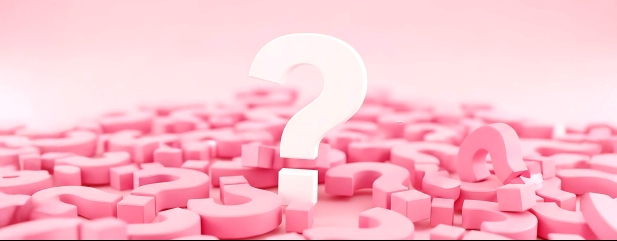Archived article
Please note that tax, investment, pension and ISA rules can change and the information and any views contained in this article may now be inaccurate.
How will the chancellor’s inheritance tax plans affect my pension wishes?

I am 73 years old and want to understand more how my pensions will be caught by inheritance tax. Is it likely pension pots will count in one’s estate for all ages (not just 75 plus) for inheritance tax?
Is it possible for conversion to a bare trust to be offered to customers? I wish to leave to friends’ grandchildren who are many years away from turning 18.
Anonymous
Rachel Vahey, AJ Bell Head of Public Policy, says:
In the Autumn Budget last year, Rachel Reeves announced pensions would be brought into the calculations for inheritance tax (IHT) from April 2027.
HMRC published proposals on how this could work in practice, and over the summer it set out revised plans, but there are still several issues with these rules and it’s likely they will change further before being finally introduced.
Under the proposals, any ‘unused pensions’ will be included for inheritance tax, which could be a SIPP pension pot you have not yet accessed, or a drawdown fund from which you may be withdrawing an income.
Any pension funds passed to a spouse or civil partner (to whom you are not married or in a civil partnership) will be exempt from IHT, but if you pass the money to another, say a partner or a child or a friend, then generally it will be ‘caught’ by the new IHT rules (the exception to this is if you have bought a joint annuity or have a scheme pension).
Your age when you die doesn’t matter for working out whether inheritance tax will apply to unused pension funds. Under the proposed rules, even if you died before the minimum age you can access a pension pot – which is 55 today, rising to 57 from 2028 – your pension pot would still be included when working out how much IHT is due.
Your age when you die does matter, however, when working out if any income tax will also apply to any money your beneficiaries take from inherited pensions.
If you die before the age of 75, your beneficiaries won’t have to pay any income tax on any money they take from the pension.
The exception to this rule is if they take a lump sum and the value of all the tax-free lump sums you have taken in your life and your loved ones take on death is more than, usually, £1,073,100.
If it’s more than this amount, which is called the LSDBA (lump sum and death benefit allowance), then the excess will be subject to income tax.
If you are aged 75 or older when you die, then income tax may apply regardless of whether your loved ones take a lump sum or an income.
To answer your question, you cannot ‘convert’ a pension into a bare trust to provide benefits for your friends’ grandchildren, but you can withdraw money from a pension and place it under trust for beneficiaries such as family or friends, although any money you withdraw will be subject to income tax.
When you die, the money in the trust shouldn’t be subject to IHT unless you die within seven years of moving it into the trust.
Alternatively, you can complete a nomination of wishes form to leave your pension money to a trust when you die.
If you die after April 2027, the money will be included when working out if any IHT is due, and if you are 75 or older when you die, there will be a special tax charge of 45% as well.
Another option is to nominate the children to receive the pension funds when you die.
They will be able to keep them within the pension wrapper with their parent or legal guardian managing it until they are 18 years old, with the investments continuing to benefit from tax-advantageous growth.
The beneficiaries can then withdraw the money when they want to, and if you are 75 or over when you die, they will pay income tax on any withdrawals, which may be basic rate or within their personal allowance. The pension funds will be included when working out what, if any, IHT is due.
Important information:
These articles are provided by Shares magazine which is published by AJ Bell Media, a part of AJ Bell. Shares is not written by AJ Bell.
Shares is provided for your general information and use and is not a personal recommendation to invest. It is not intended to be relied upon by you in making or not making any investment decisions. The investments referred to in these articles will not be suitable for all investors. If in doubt please seek appropriate independent financial advice.
Investors acting on the information in these articles do so at their own risk and AJ Bell Media and its staff do not accept liability for losses suffered by investors as a result of their investment decisions.
Issue contents
Great Ideas
News
- Airtel Africa is one of the big surprise success stories of 2025
- Category killer Costco needs to deliver the goods next week
- Hikma Pharmaceuticals shares plumb new 20-month lows
- The IPO market is showing signs of life in both the UK and US
- Strategic Equity Capital offers investors their money back via tender offer
 magazine
magazine








